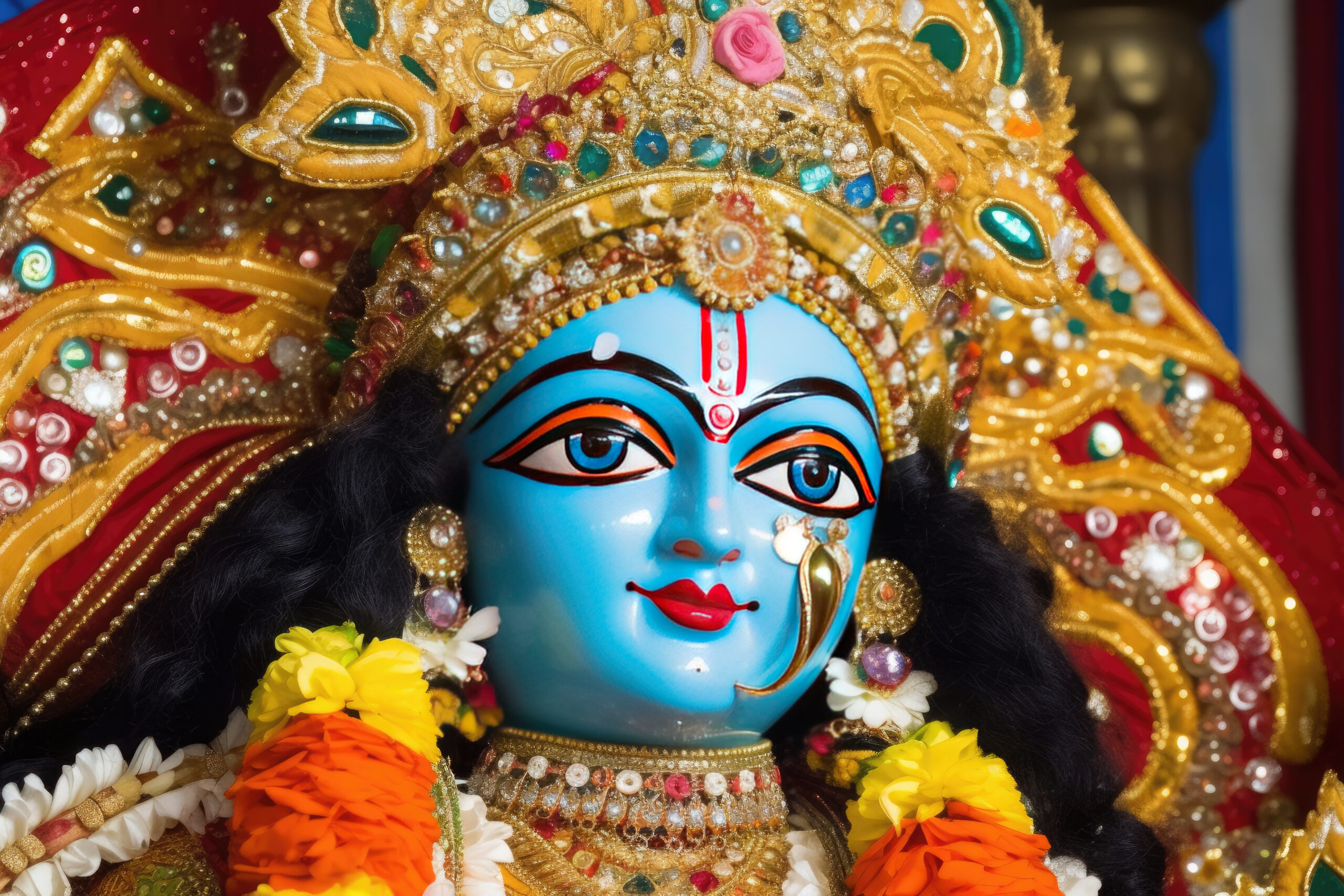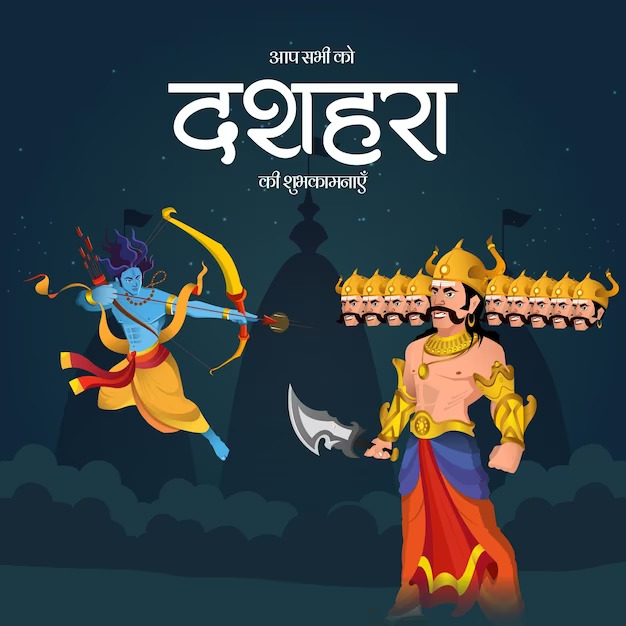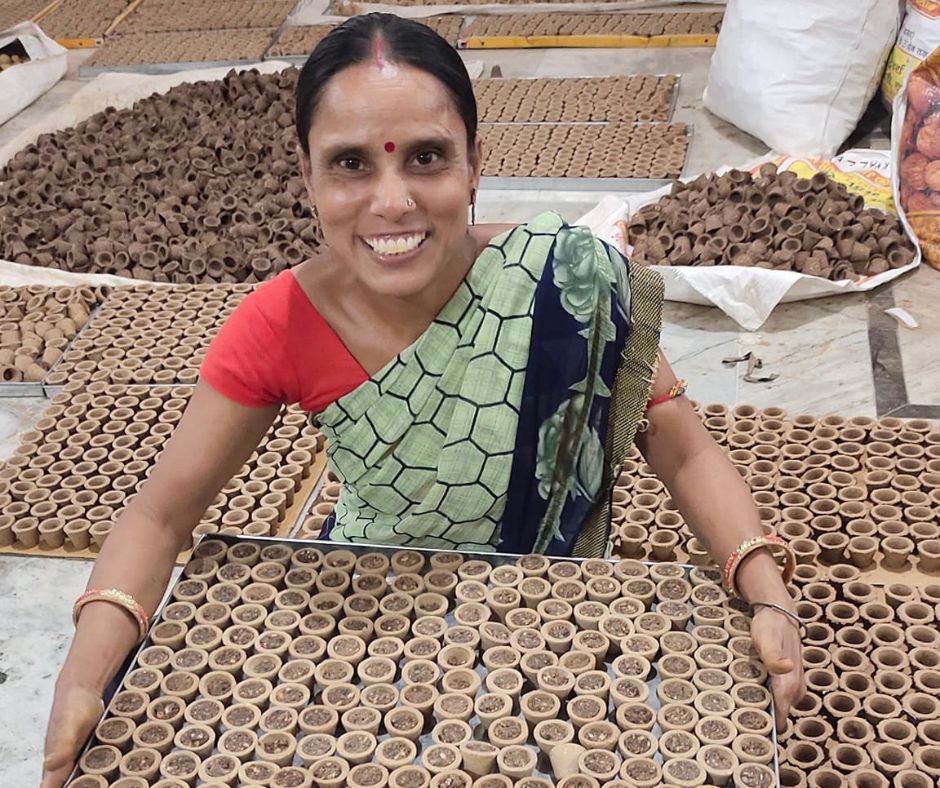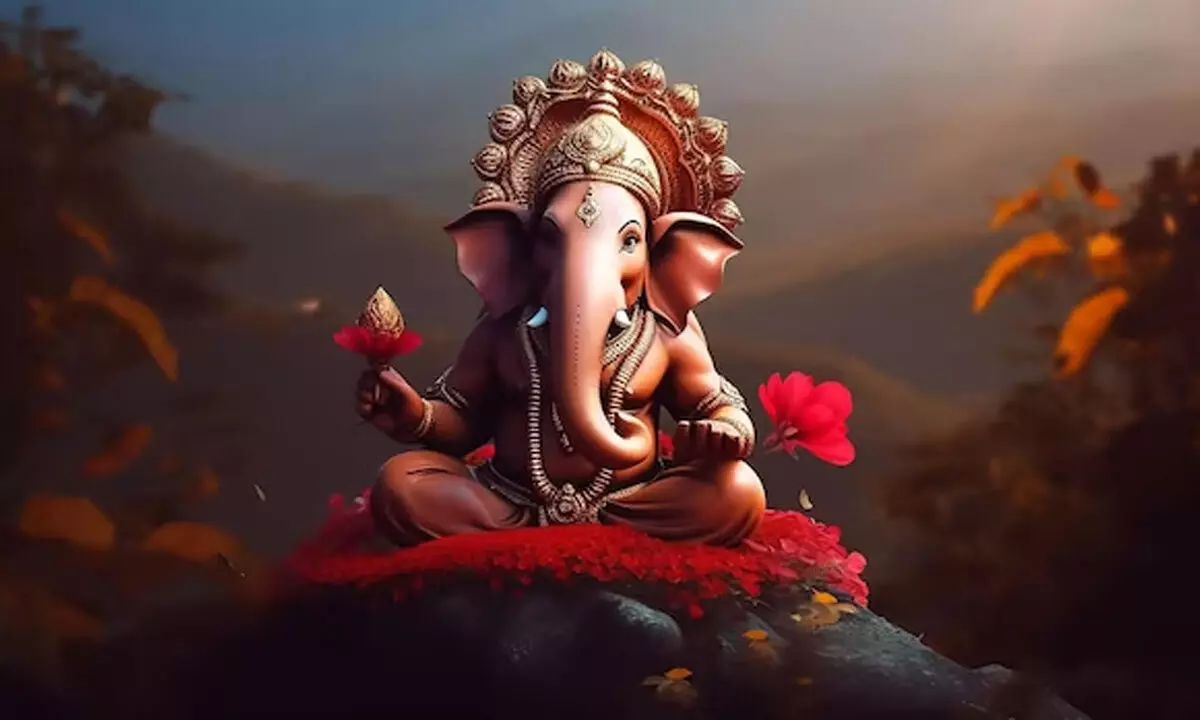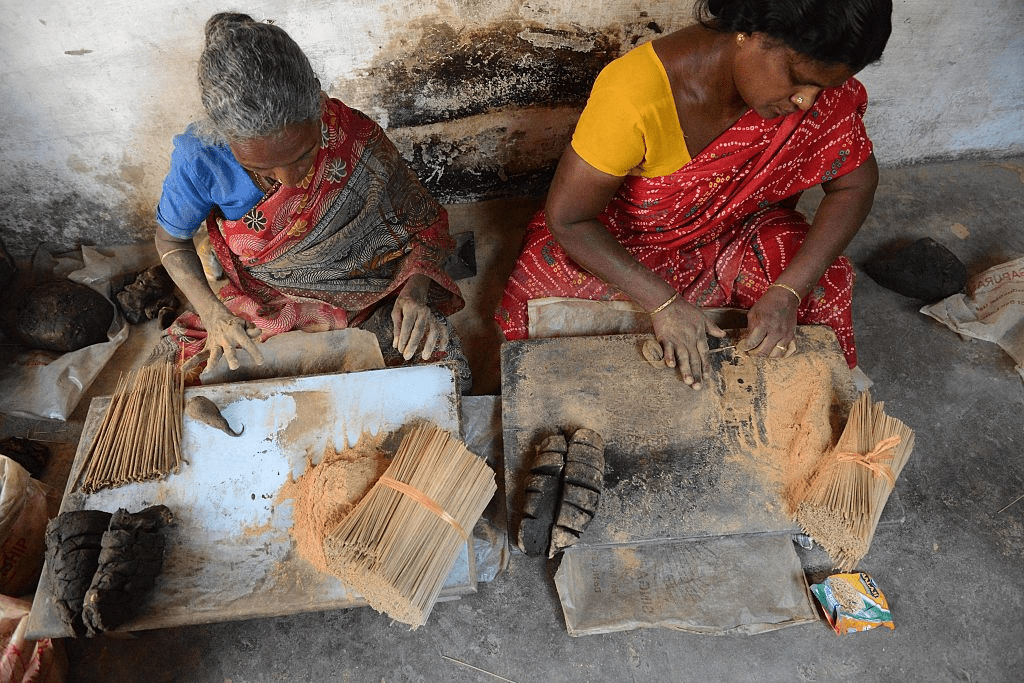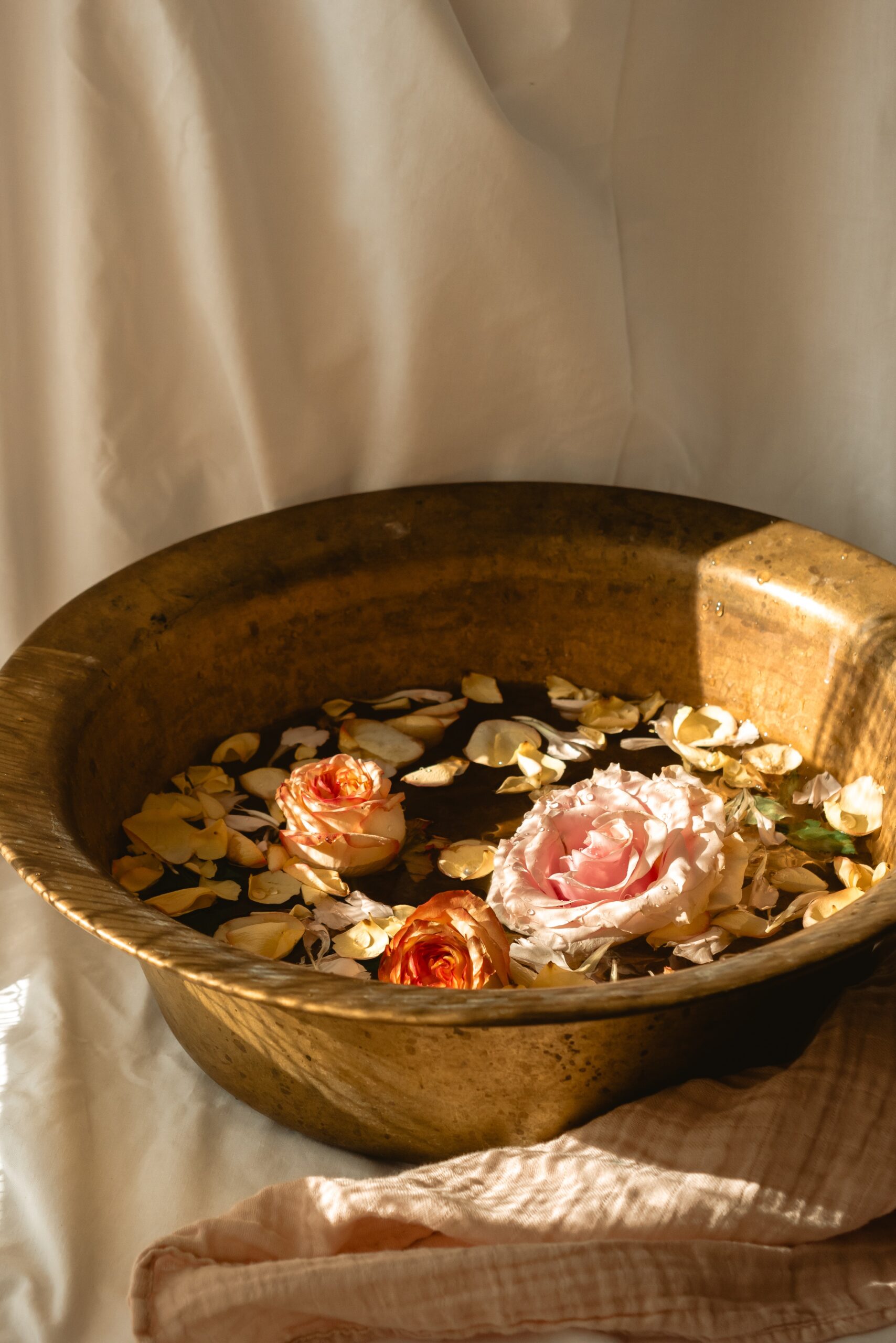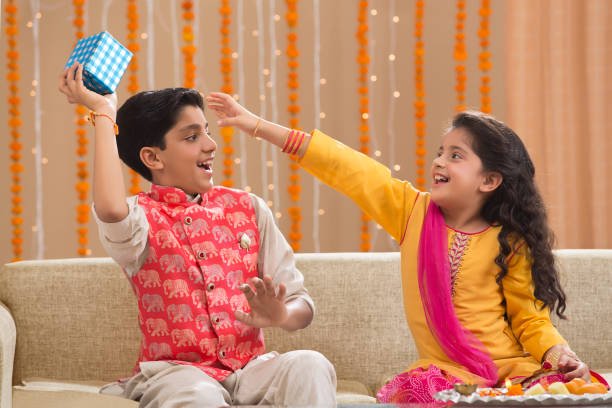Title: Janmashtami: Celebrating the Divine Birth of Lord Krishna
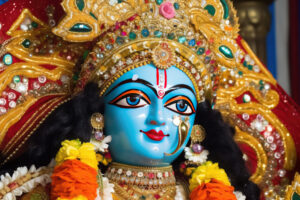
Krishna Janmashtami (Krishna Janmahotsav) – © Shri Navonnati Traders 2023
Introduction
Janmashtami, also known as Krishna Janmashtami, is a revered Hindu festival that commemorates the birth of Lord Krishna, the eighth incarnation of Lord Vishnu. This auspicious celebration holds deep religious significance and cultural importance in India and among Hindus worldwide. Observed on the eighth day (Ashtami) of the dark fortnight in the Hindu month of Bhadrapada, usually falling in August or September of the Gregorian calendar, Janmashtami is a day of joy, devotion, and spiritual reflection.
The Divine Birth of Lord Krishna
The story of Lord Krishna’s birth is a captivating and cherished tale in Hindu mythology. He was born in the sacred city of Mathura to King Vasudeva and Queen Devaki. However, his arrival was surrounded by divine miracles. It is believed that Lord Krishna was born at midnight in the confines of a prison cell, where his parents were unjustly imprisoned by King Kamsa, Devaki’s brother. A heavenly voice foretold that the eighth child of Devaki would be the cause of Kamsa’s demise. To protect the infant Krishna, he was secretly transported to Gokul, where he was raised by his foster parents, Nanda and Yashoda.
The Spiritual Essence of Janmashtami
Janmashtami embodies profound spiritual significance for devotees of Lord Krishna. It symbolizes the triumph of good over evil and the idea that the divine descends to Earth to protect and guide humanity. Lord Krishna, often depicted as a playful and compassionate deity, is a source of wisdom and love. His teachings, as captured in the Bhagavad Gita, remain a guiding light for millions of individuals seeking spiritual enlightenment.
Celebrations and Customs
Janmashtami is celebrated with great enthusiasm and devotion across India and in Hindu communities around the world. The customs and traditions associated with this festival vary from region to region, but some common practices include:
1. Fasting and Prayer: Devotees often observe a fast throughout the day, breaking it only at midnight to commemorate Lord Krishna’s birth. Temples are adorned with flowers and incense, and prayers and devotional songs (bhajans) are offered.
2. Swinging Baby Krishna: In homes and temples, small cradles or swings are prepared, and idols or images of baby Krishna are placed in them. Devotees swing these cradles as a gesture of love and care for the divine child.
3. Dahi Handi: One of the most popular and lively customs is the “Dahi Handi” event. Young men form human pyramids to break a pot filled with butter or yogurt, symbolizing Krishna’s love for dairy products.
4. Cultural Performances: In many regions, people engage in dance dramas and reenactments of Krishna’s childhood stories, known as “Krishna Leela.”
5. Feasting: After the midnight puja, devotees break their fast by partaking in a sumptuous feast. The menu often includes sweets like “makhana” (popped lotus seeds), “panjiri,” and “malpua,” among other delectable dishes.
Conclusion
Janmashtami is a festival that transcends religious boundaries, emphasizing the universal themes of love, devotion, and the victory of righteousness over evil. It unites people in their reverence for Lord Krishna and provides an opportunity for spiritual reflection and renewal. As Janmashtami approaches, let us embrace the teachings of Lord Krishna, strive for inner purity, and seek to spread love and compassion in our lives, much like the divine child who continues to inspire millions with his timeless wisdom and playful charm. Happy Janmashtami!

